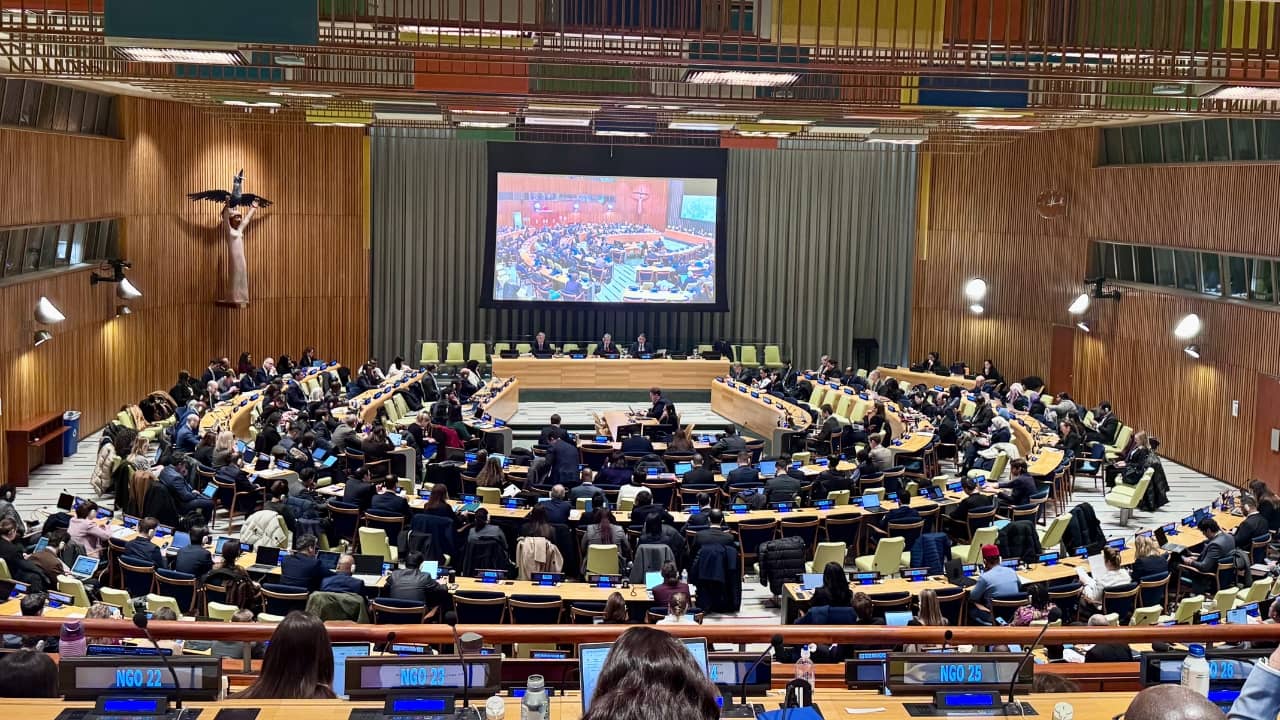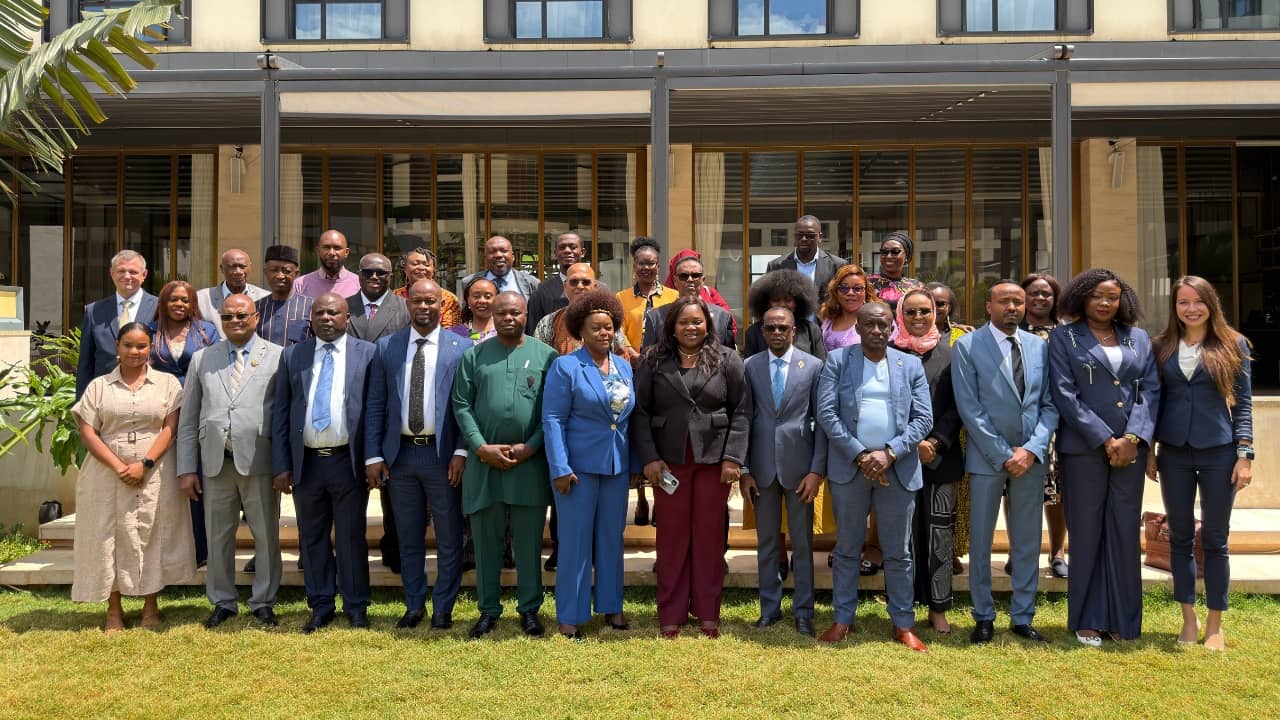This article was originally published in The Express Tribune.
Senator Mian Raza Rabbani has recently introduced a bill on ‘Ratification of Foreign Agreements by Parliament’. The bill’s objectives are to ensure parliamentary oversight of treaties and foreign agreements signed by the government as these agreements have serious consequences for the economic, political and fundamental rights of Pakistani citizens. The bill certainly deals with a significant subject of public interest requiring legislation. Although treaty ratification powers in many countries are typically exercised by government executives, several countries have taken steps to ensure some kind of parliamentary oversight of the treaty-making process. Australia has created a parliamentary ‘Joint Standing Committee on Treaties’, and the UK and Kenya have made laws requiring parliamentary approval of treaties before their ratification by government executives.
There are several reasons why treaties should have parliamentary oversight. Treaties are agreements between countries and form an important part of a government’s foreign policy. They are key instruments for governments to create, strengthen or redirect their relations with other countries. They are also a means to create legally-binding commitments between countries enforceable under international law. Treaties may also impose positive legal obligations on a country requiring its government to take certain actions. Treaties may also contain provisions ousting jurisdiction of national courts in favour of international arbitration and indirectly operate as a means to avoid accountability of public officials before national courts. As the bill’s objectives highlight, treaties as international agreements may create rights and obligations for citizens or impose conditions on domestic legal and constitutional settings.
The demands of globalisation have made countries exceedingly active in their international relations producing various types of treaties and international agreements. Countries are increasingly seeking to strengthen their international relations by taking up both legally-binding and informal commitments that have significant implications at the national level. Such avid use and varied implications of treaties require that they are made subject to parliamentary oversight.
Click here to view full article.






